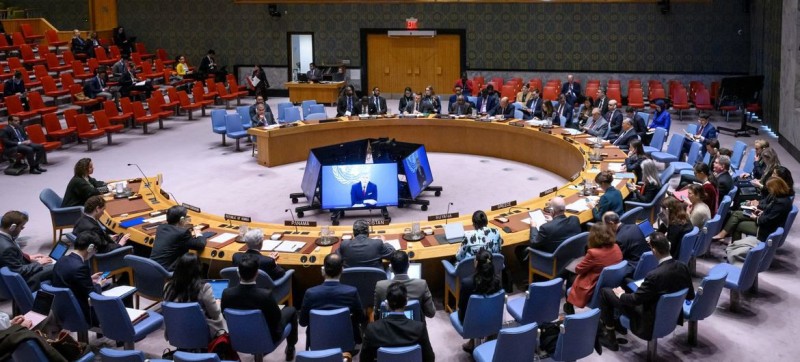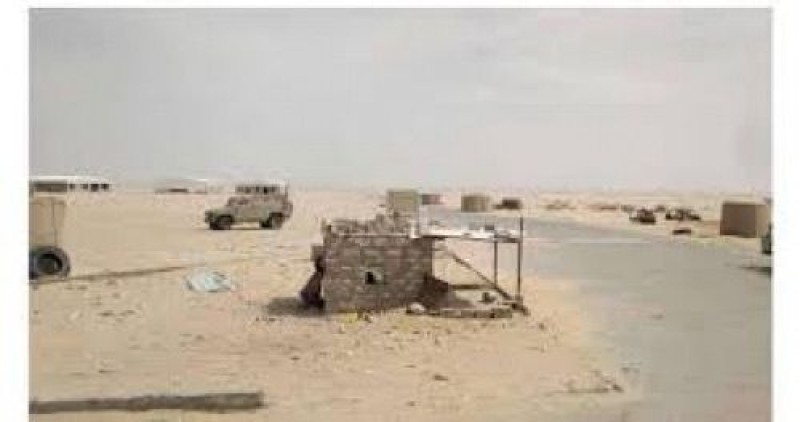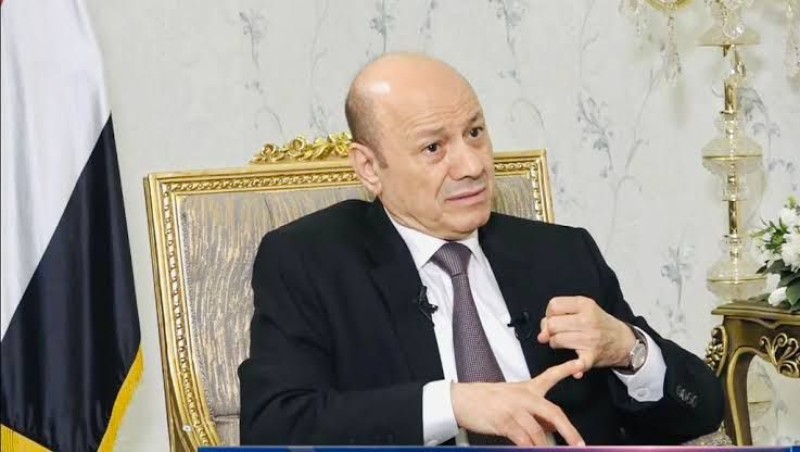Al-Qaeda suffers heavy losses in Yemen conflicts


The Yemen-based Al-Qaeda in the Arabian Peninsula, also known as AQAP, has been weakened by the deaths of its leaders at the hands of US drones, ground attacks by Yemeni troops and rivalry with other groups, experts said.
“Al-Qaeda is going through hard times with its leaders’ priority now to hold the group together,” Saleh Al-Baydhani, a Yemeni political analyst.
Al-Qaeda’s most dangerous branch was established in 2009 and was responsible for dozens of deadly attacks against army and security targets, that claimed the lives of hundreds of soldiers and civilians.
During its heyday that followed, militants stormed many Yemeni cities, including a large swath of land in the southern province of Abyan in 2011, and in 2015 they stormed the city of Al-Mukalla, Yemen’s fifth largest city and neighboring regions on the Arabian Sea.
But over the last three years, its ability to expand on the ground has diminished, which many analysts attributed to the killing of the group’s leaders and successful military operations.
Setback
AQAP’s latest blow was the killing of their leader Qassem Al-Rimi in a US drone strike last month. Analysts argue that the death of Al-Rimi was the last straw that would leave its mark on the group’s ability to regroup for years to come.
“Al-Rimi was the last pillar of Al-Qaeda,” Saeed Obeid Al-Jumahi, a Yemeni terrorism expert, told Al-Arabyia TV. “The other two pillars were Nasser Al-Waheshi and Saeed Al-Shehri who were killed by US drones.”
Since capturing Al-Mukalla in 2015, US forces have managed to kill dozens of militants including several senior leaders. Al-Baydhani said the spiraling number of deaths by drone strikes showed the scale of the US’s infiltration of the militants.
“The infiltration has prompted Al-Qaeda to stop recruiting new fighters. They also took a low profile to avoid the drones,” said Al-Baydhani, adding that the death of AQAP leaders had left a vacuum which crippled the militants’ ability to expand on the ground.
“The last three recordings of alleged spies showed that the group was greatly dented,” Al-Baydhani said, referring to recent videos by Al-Qaeda media in which militants execute alleged spies.
New forces
At the beginning of Saudi-led military operations in Yemen, AQAP militants seized control of Al-Mukalla and other areas in Hadramout, exploiting the fall of security and military units.
Many analysts argued at the time that the militants would continue expanding across Yemen during the war. But the predictions did not come true as the coalition helped rebuild Yemen’s military and security forces, and backed them during attacks on AQAP.
Backed by air cover from the Saudi-led coalition, Yemeni troops pushed AQAP militants from their strongholds in Abyan, Shabwa, Lahj and Hadramout.
“The coalition-backed forces reached the group’s strongholds. The US drones usually hit the leaders from the air without putting troops on the ground,” Al-Jumahi said.
In August last year, fighting broke out between army troops and the separatist Southern Transitional Council in the southern provinces of Abyan and Shabwa. Analysts argue that if the fighting had occurred 10 years ago, the militants would have exploited the insecurity to make a comeback.
“At the moment, the organization’s priority is maintaining coherence and reducing infiltrations,” Al-Baydhani said.
Last week, villagers in the central province of Baydha, where AQAP fighters are thought to be hiding, said that suspected US planes dropped leaflets urging them to help finding three AQAP militants: Khaled Batarfi, the group’s new leader; Saad Atef, Al-Qaeda’s emir in Shabwa; and Ammar Al-Sanani.
Residents would be rewarded with $6 million for information that would help with finding the three militants.

NEW YORK — The United Nations Security Council will convene its annual session on Wednesday, December 17, to hear briefings from the chairs o…

Shabwa — The leadership of the Arin Front announced today that Arin and surrounding areas in Shabwa governorate, eastern Yemen, have been cla…

Aden — Yemen’s Presidential Leadership Council Chairman Rashad al-Alimi has commended the efforts of Saudi Arabia and the United Arab E…